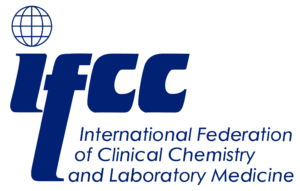Purpose
To compare clinical outcomes in a cohort of patients with advanced non-small-cell lung cancer (NSCLC) with targetable genomic alterations detected using plasma-based circulating tumor DNA (ctDNA) or tumor-based next-generation sequencing (NGS) assays treated with US Food and Drug Administration-approved therapies at a large academic research cancer center.
Methods
A retrospective review from our MD Anderson GEMINI database identified 2,224 blood samples sent for ctDNA NGS testing from 1971 consecutive patients with a diagnosis of advanced NSCLC. Clinical, treatment, and outcome information were collected, reviewed, and analyzed.
Results
Overall, 27% of the ctDNA tests identified at least one targetable mutation and 73% of targetable mutations were -sensitizing mutations. Among patients treated with first-line epidermal growth factor receptor (EGFR)-tyrosine kinase inhibitor (TKI) therapies, there were no significant differences in progression-free survival of 379 days and 352 days ( value = .41) with treatment based on tissue (n = 40) or ctDNA (n = 40), respectively. Additionally, there were no differences in progression-free survival or objective response rate among those with low (n = 8, 0.01%-0.99%) versus high (n = 16, ≥ 1%) levels of ctDNA of the targetable mutation as measured by variant allele frequency (VAF). Overall, there was excellent testing concordance (n = 217 tests) of > 97%, sensitivity of 91.7%, and specificity of 99.7% between blood-based ctDNA NGS and tissue-based NGS assays.
Conclusion
There were no significant differences in clinical outcomes among patients treated with approved EGFR-TKIs whose mutations were identified using either tumor- or plasma-based comprehensive profiling and those with very low VAF as compared with high VAF, supporting the use of plasma-based profiling to guide initial TKI use in patients with metastatic EGFR-mutant NSCLC.

